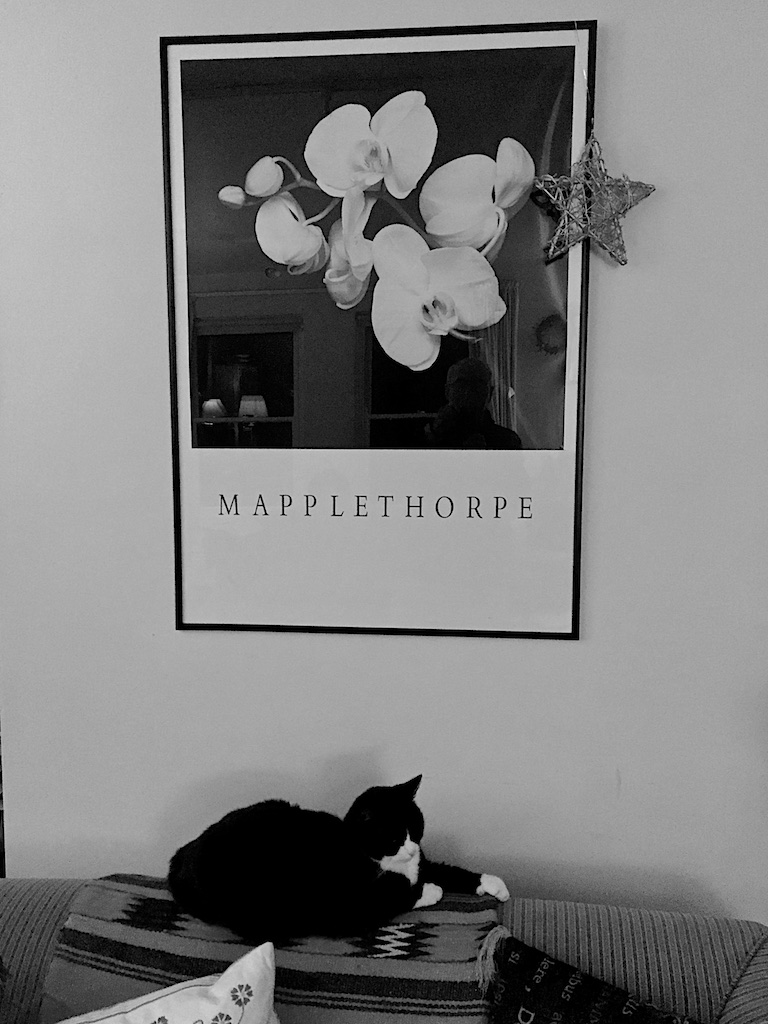One of the astonishing things about democracies is the way in which those in government are allowed to get away with talking nonsense, especially if that nonsense involves ‘national security’, ‘defence’ or war. It was obvious to the meanest intelligence that the British adventure in Afghanistan made no sense, and all that ministerial guff about having British boots on the ground in that benighted land making the streets of Britain safer was pure baloney. And yet ministers from the PM down continued solemnly to intone it, and journalists reported it without much in the way of critical comment.
And now we’re ‘out’ of Afghanistan with nothing to show for it except humiliation, death, injury and humiliation.
Will Hutton has a good column about this in Sunday’s Observer. Excerpt:
None of the multiple and varying objectives set by three prime ministers and six defence secretaries through our engagement in Helmand province over eight years has been met, yet cumulatively it has cost at least £40bn. The bravery of British soldiers cannot be doubted: 453 have died; 247 have had limbs amputated; 2,600 have been wounded. Tragically, many uncounted thousands of Afghans have been killed; too few of them were fighters enlisted by the Taliban.
There is no improved government in Helmand. There has been no hoped-for economic reconstruction: heroin production is higher than it was. The violence between tribes, families and warlords is more entrenched. Helmand is more of a recruiting sergeant for terrorism and jihadism than it was; there have been no security gains. The central government in Kabul is more rather than less threatened. If one aim was to make the British homeland safer by victory in southern Afghanistan – a fantastical claim of last resort – Britain is now less safe.
More widely, our failure in Helmand, following on from the disaster in Basra where our forces were beaten back to the airbase outside the city and only the intervention of the US army allowed an orderly exit, has led to America’s profound re-evaluation of our usefulness as an ally. Tony Blair’s key aims for first invading Iraq to quest for nonexistent weapons of mass destruction and then pivoting into Afghanistan was to prove to the US that we were stalwart allies, consolidate the “special relationship” and so maintain Britain’s standing as a co-upholder, if junior partner, of the world order. In this, he was solidly supported by the “strategists” in the Ministry of Defence and leading generals anxious to defend their budgets.
All that has been completely dashed. Frank Ledwidge in his passionate and revelatory book ‘Investment in Blood’ (the source of the figures above) quotes former vice chief of staff of the US army General Jack Keane speaking at a conference at Sandhurst in late 2013 about the twin debacles of Basra and Helmand: “Gentleman, you let us down; you let us down badly.” Ledwidge continues, having spoken to many senior American military leaders: “This is a common view among senior American soldiers.” The US commander in Afghanistan, General Dan K McNeill, is uncompromising, cited by Jack Fairweather in his no less astounding ‘The Good War’: the British “made a mess of things in Helmand”. Afghanistan has left the special relationship in tatters.
Interesting also to hear soldiers who have served in Afghanistan talk about it. It’s clear that they yearn for a convincing story that would justify the death and mutilation of their comrades. But no such story is forthcoming, for the simple reason that none exists.



